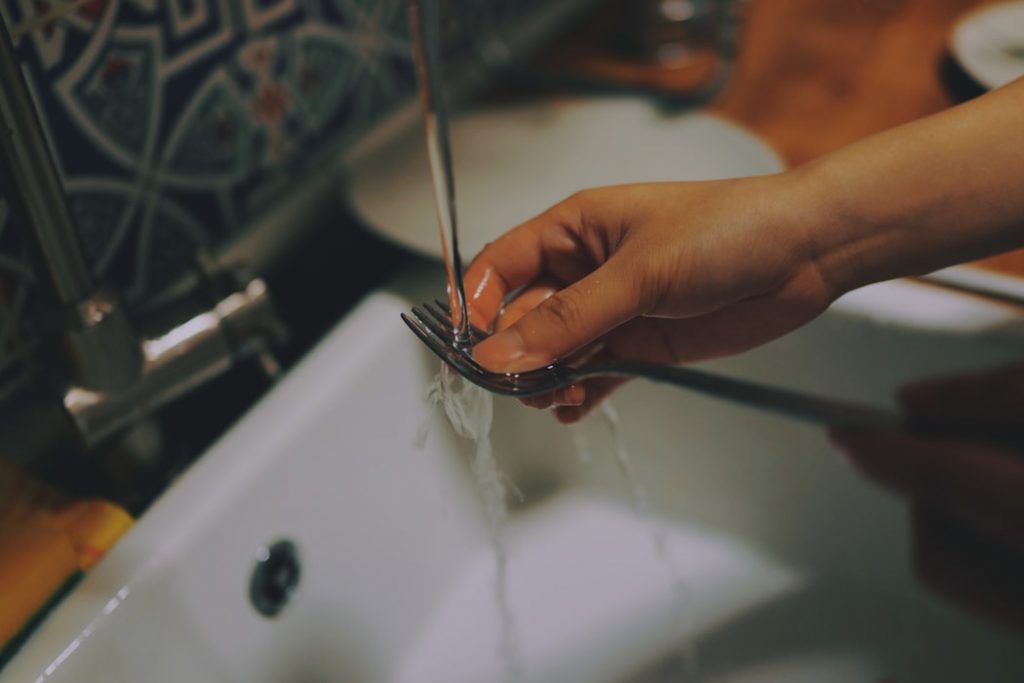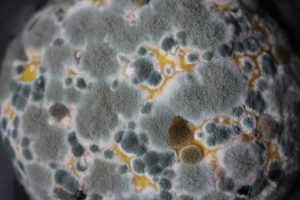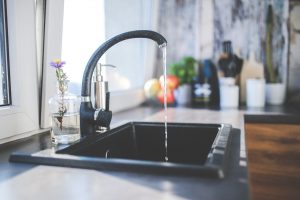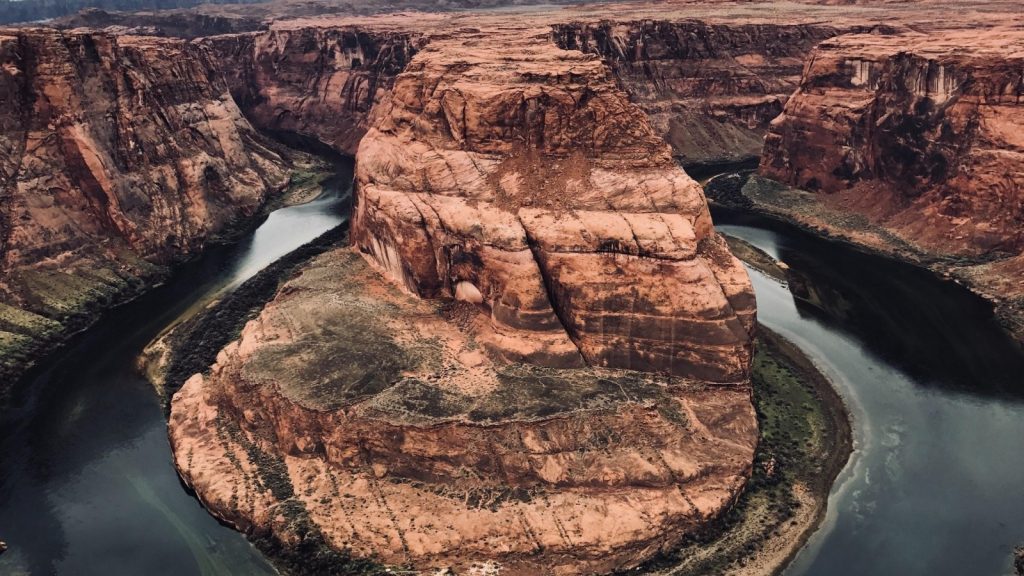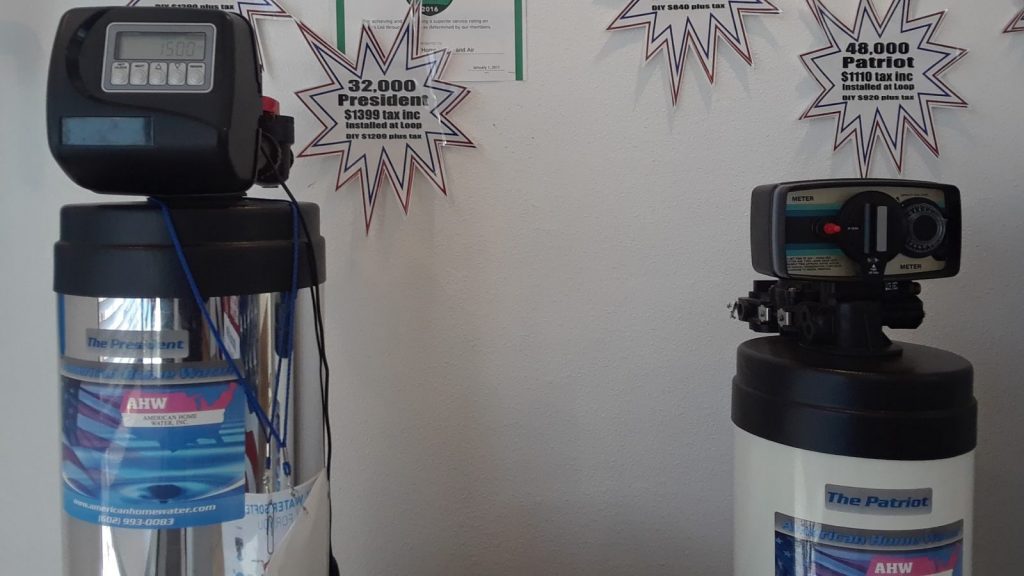When it comes to the question of ‘hard water vs. soft water,’ people are typically most concerned with potential health impacts. In this post, we’ll take a thorough look at this topic to help you understand why a water softener is essential for your health.
What is Hard Water vs. Soft Water?
First, let’s briefly establish an understanding of what hard and soft water actually are.
Hard water (found in roughly 85% of the United States) is rich in minerals like calcium and magnesium. As hard water passes through your plumbing and other water equipment, it produces what’s known as ‘scale,’ a damaging crusty buildup.
In Phoenix, Arizona and other areas where hard water is common, water softeners are used to reduce the concentration of minerals in the water. This is important because it can make the water safe to drink, as high concentrations of minerals can negatively affect the taste and safety of the water. The “is phoenix tap water safe to drink?” question can be answered with a resounding yes – thanks to water softeners, the tap water in Phoenix is safe to drink.
Hard Water vs. Soft Water: How To Tell
Having your water tested is the most surefire way of determining whether it is hard or soft.
Hard water will return a result of 1 grain per gallon or higher. Particularly hard water can contain as many as 10+ grains per gallon. Soft water will return a result of less than one grain per gallon.
Hard water also produces very visible signs of damage in your home. You will observe layers of buildup around drains, showerheads, faucets, and any other fixture or object that comes into contact with your water regularly.
Another way to measure your home’s water hardness is to look at your local government’s data. Certain regions have characteristically hard water due to the ground’s natural composition. Per the United States Geological Survey, Arizona has some of the nation’s hardest water.
Hard Water vs. Soft Water: Health Concerns
Now that you understand the difference between hard water and soft water, let’s explore the health issues posed by each type.
Drinking Soft Water vs. Hard Water
Whether or not you prefer the taste of hard water over soft water depends on your preference. At American Home Water and Air, we’ve met plenty of people who fall into either category.
As such, the question of drinking soft water vs. hard water is much less about taste than it is about your health.
The good news is that calcium and magnesium (remember, the two minerals primarily responsible for water’s hardness) aren’t harmful for you as far as ingesting them goes. They do produce some negative external effects, however, that we’ll explore shortly.
Soft water is also very safe to drink for most healthy humans. People tend to be concerned about the elevated sodium levels characteristic of soft water. In reality, soft water only contains slightly more sodium and does not approach levels harmful to healthy adults.
If you have a condition that may be worsened by increased sodium intake, be sure to speak with your doctor. Some physicians will recommend that you avoid drinking softened water. If that’s the case, you can have a special faucet installed that bypasses the softener. That way, you’ll have access to unsoftened water for drinking and cooking but your other appliances and fixtures will receive soft water.
The Verdict
Drinking hard water and drinking soft water are relatively comparable as far as your internal health goes. Both should not have any adverse effects.
Hard Water vs. Soft Water For Hair
Here’s where hard water begins to show its true negative side.
Magnesium and calcium will both damage your hair when you shower, causing it to become brittle. You’ll also find that your shampoo won’t lather properly, resulting in a film that builds up on your scalp and your hair.
Shampoos made primarily from synthetic detergents may avoid this but they may damage your hair anyway.
The Verdict
On the topic of hard water vs. soft water for hair, the latter comes out on top by a long shot. Hard water damages your hair and prevents you from cleaning it properly. The best way to avoid this is to use a water softener.
Hard Water vs. Soft Water On Skin
The effects of hard water on your skin are similar to its effects on your hair. Mineralization will dry out your skin and create a layer of film on it that compromises your hygiene. Research has shown that hard water can also cause eczema or increase its sensitivity for those who already have the ailment. Children are particularly vulnerable, making hard water a major threat for families.
The Verdict
On the topic of hard water vs. soft water on skin, soft water once again displays its strengths. It is devoid of the minerals that would otherwise cause eczema and other types of skin damage. While some of these effects (namely the film that builds up on your skin) can be avoided by using harsher soap, there’s no escaping the increased risk of eczema. A water softener is your only relief.
Beyond Health: Other Issues with Hard Water
As if hard water’s effects on your health weren’t bad enough, it also wreaks havoc on your home and wallet. Mineralization stains your sinks, bathtubs, and other water equipment. It also hinders your laundry machines, forcing you to use more detergent and fabric softener to achieve a good clean.
If you add up all of these effects, you’ll find that hard water costs you thousands per year.
The Solution? A Water Softener
If we look back at the previous topics like ‘hard water vs. soft water: how to tell?’ and ‘what is hard water vs. soft water?’ both can be summarized by listing the harmful characteristics we mentioned above.
A water softener is the best solution for alleviating these harmful effects. While they aren’t cheap upfront by any means, their long-term benefits for your health, home, and wallet make softeners more than worth it over the long haul.
If you’re in the Phoenix, Arizona area and looking for a water softener, trust American Home and Water. We have more than 30 years of experience installing HVAC and water treatment systems for 50,000+ customers in the area.


